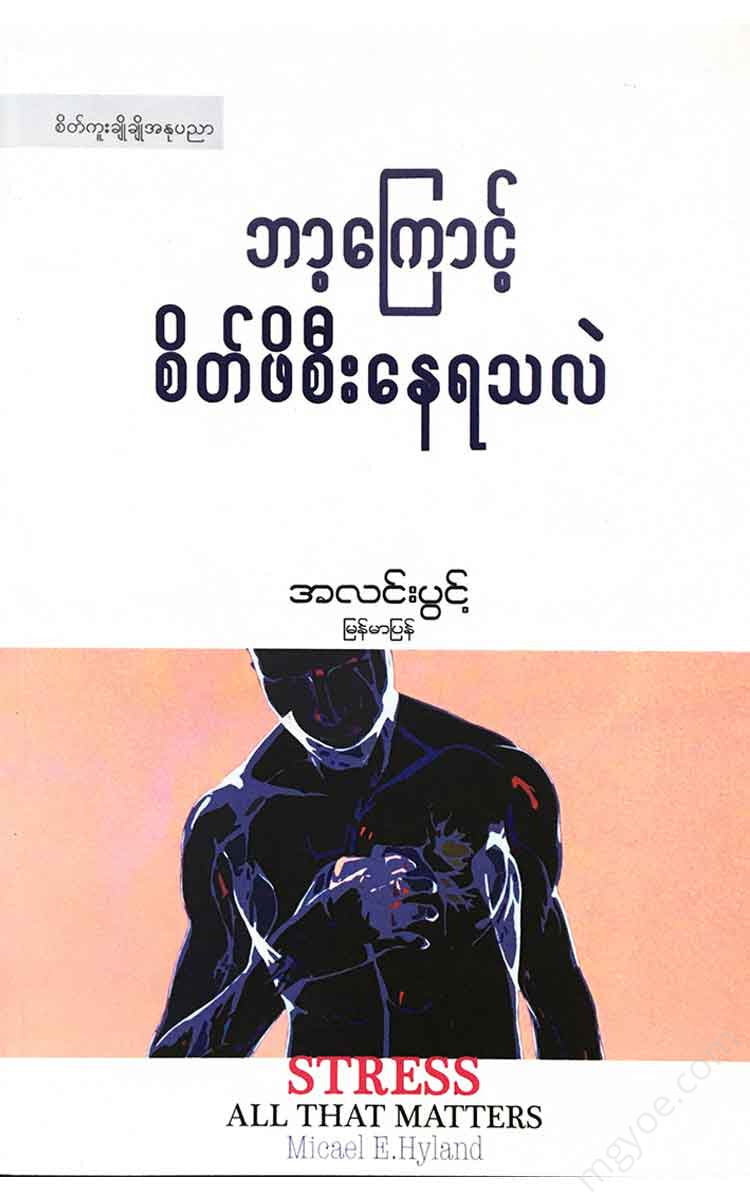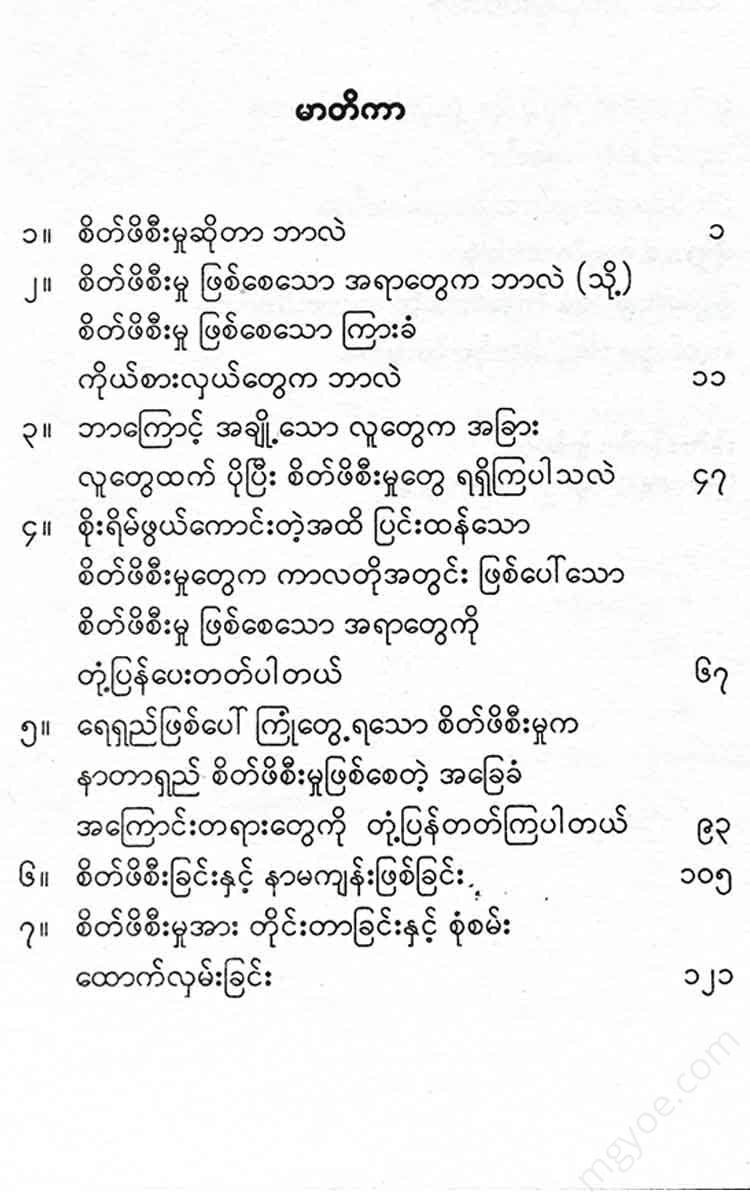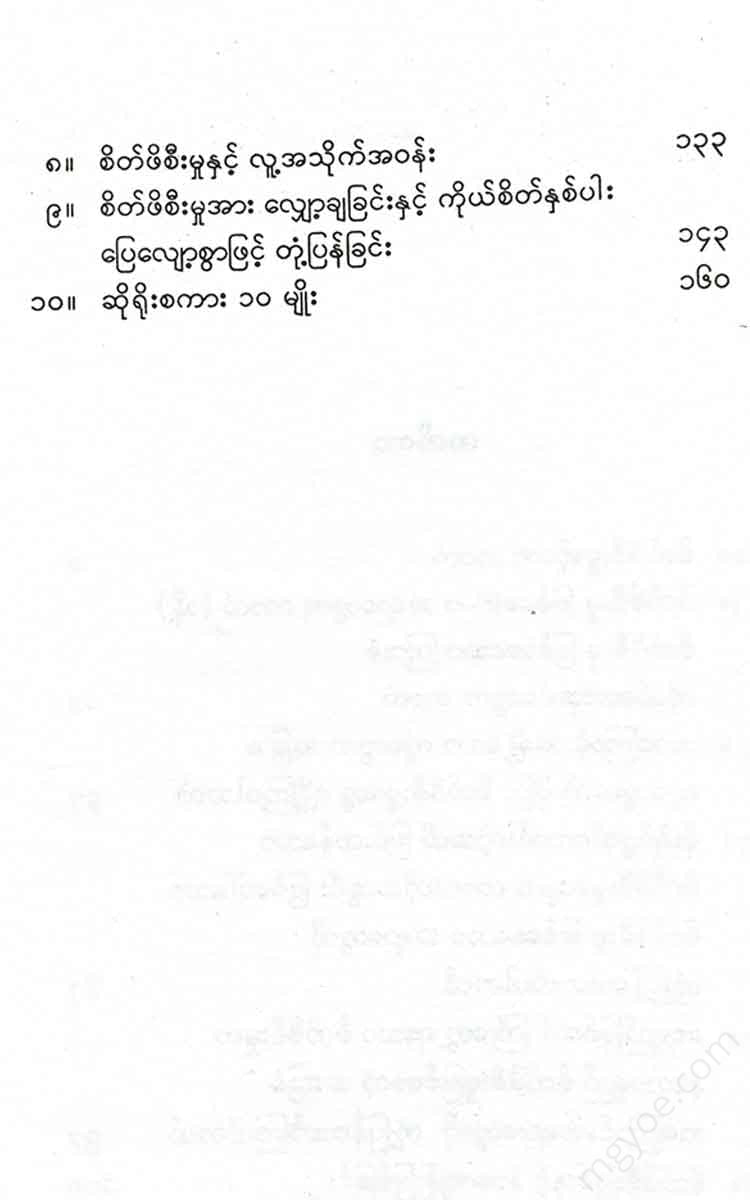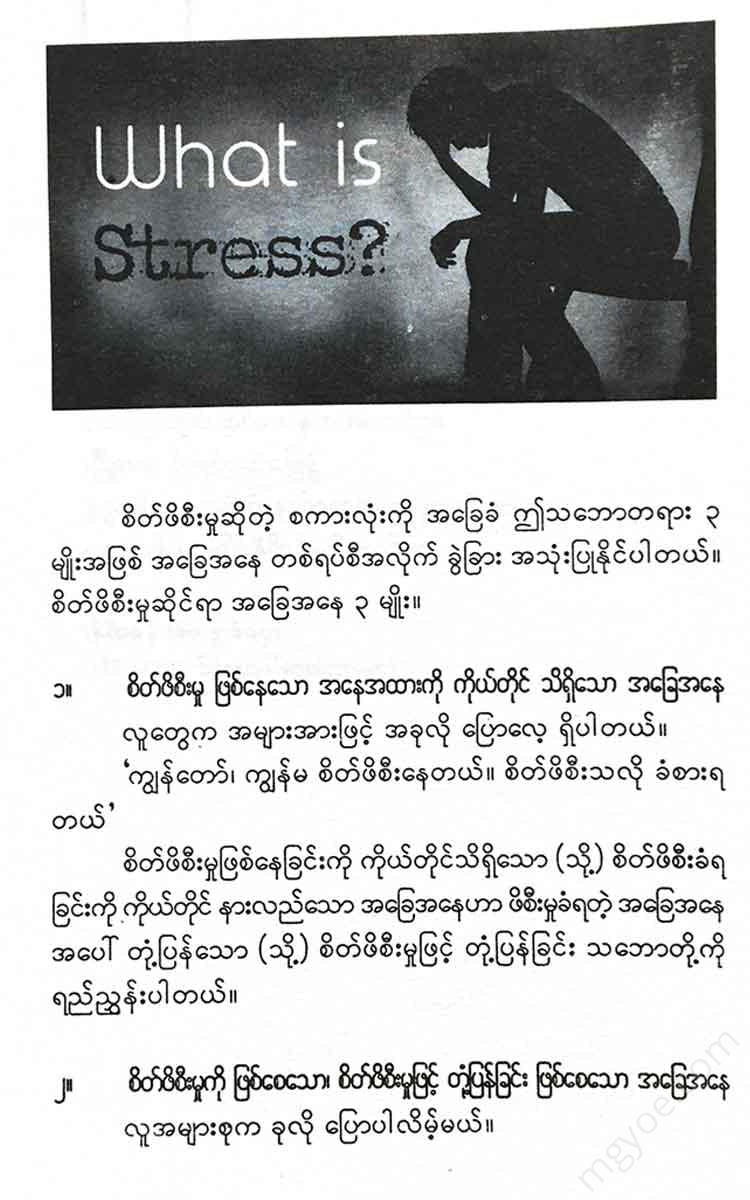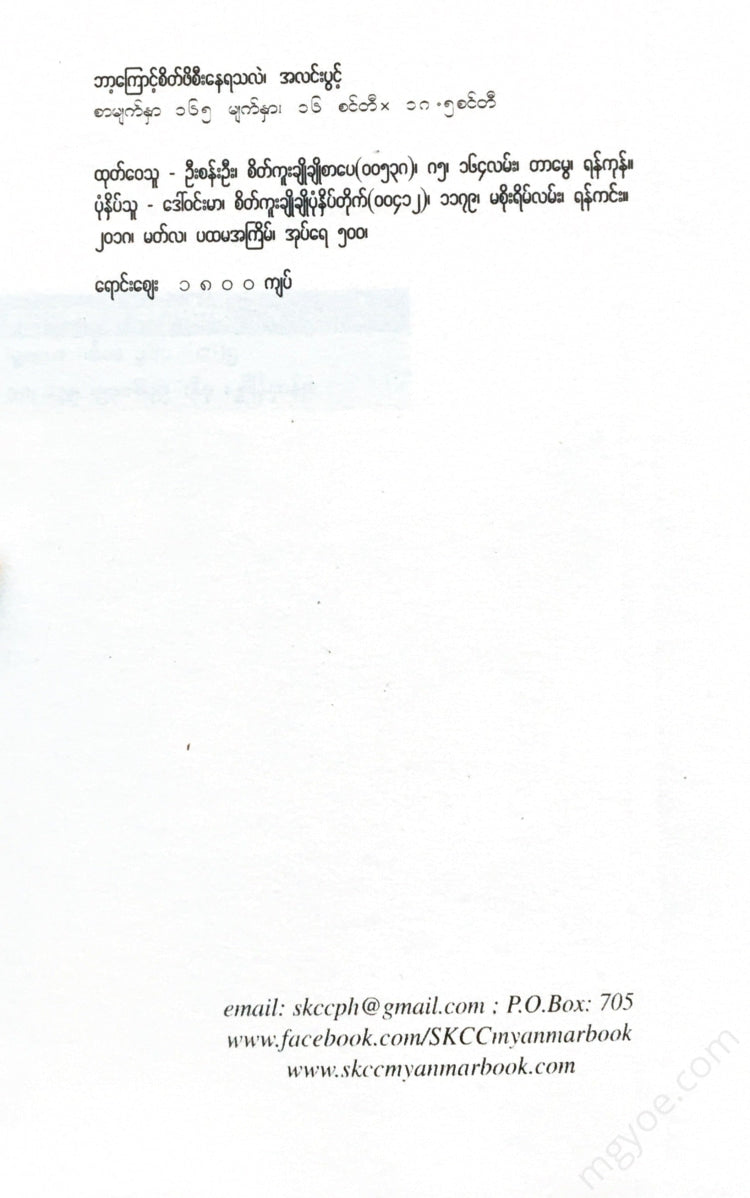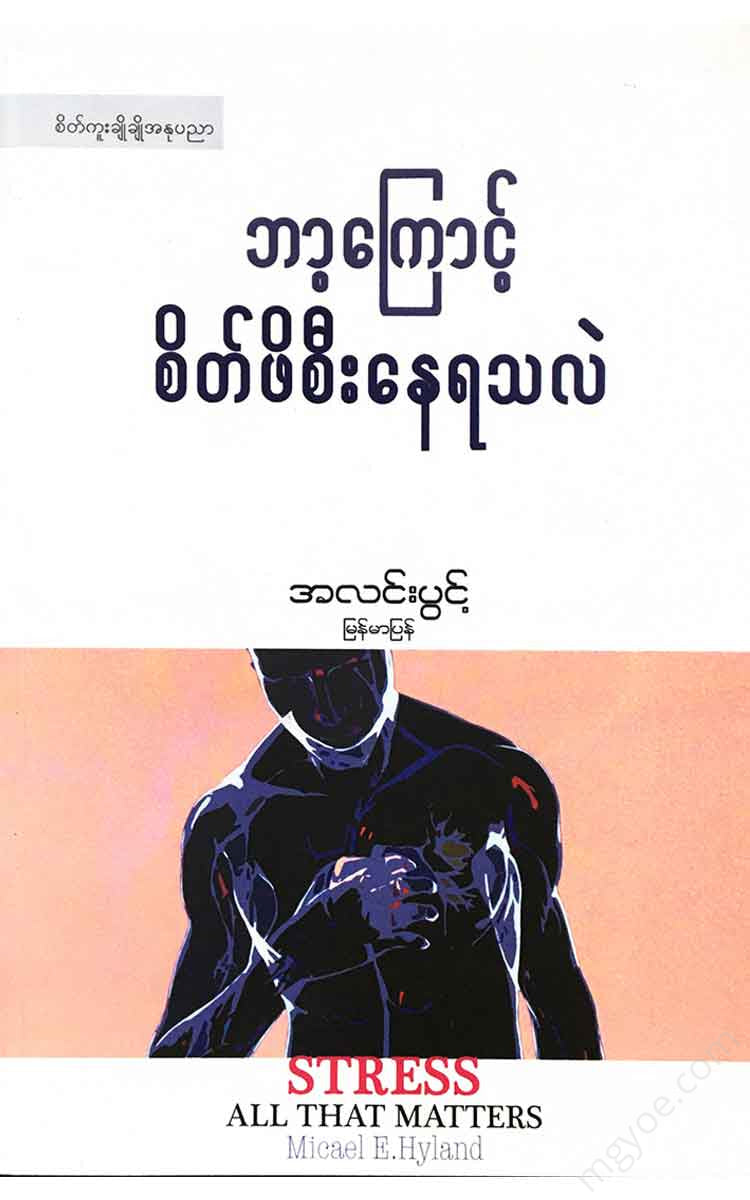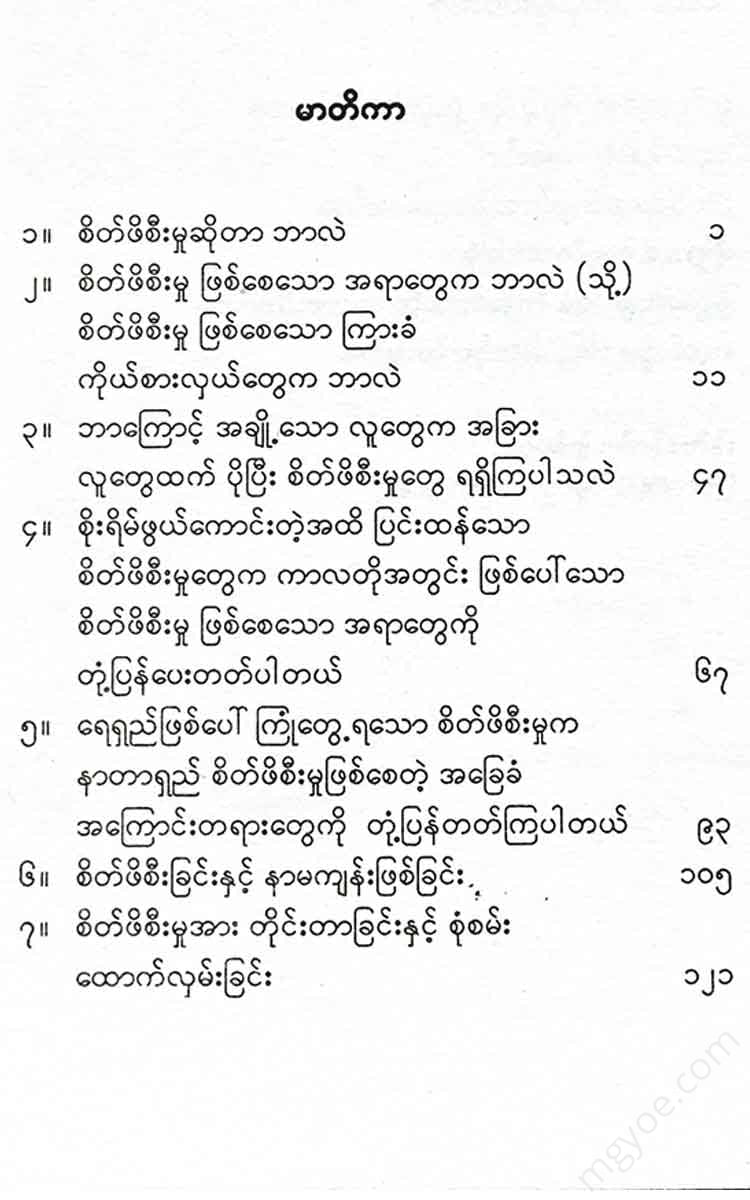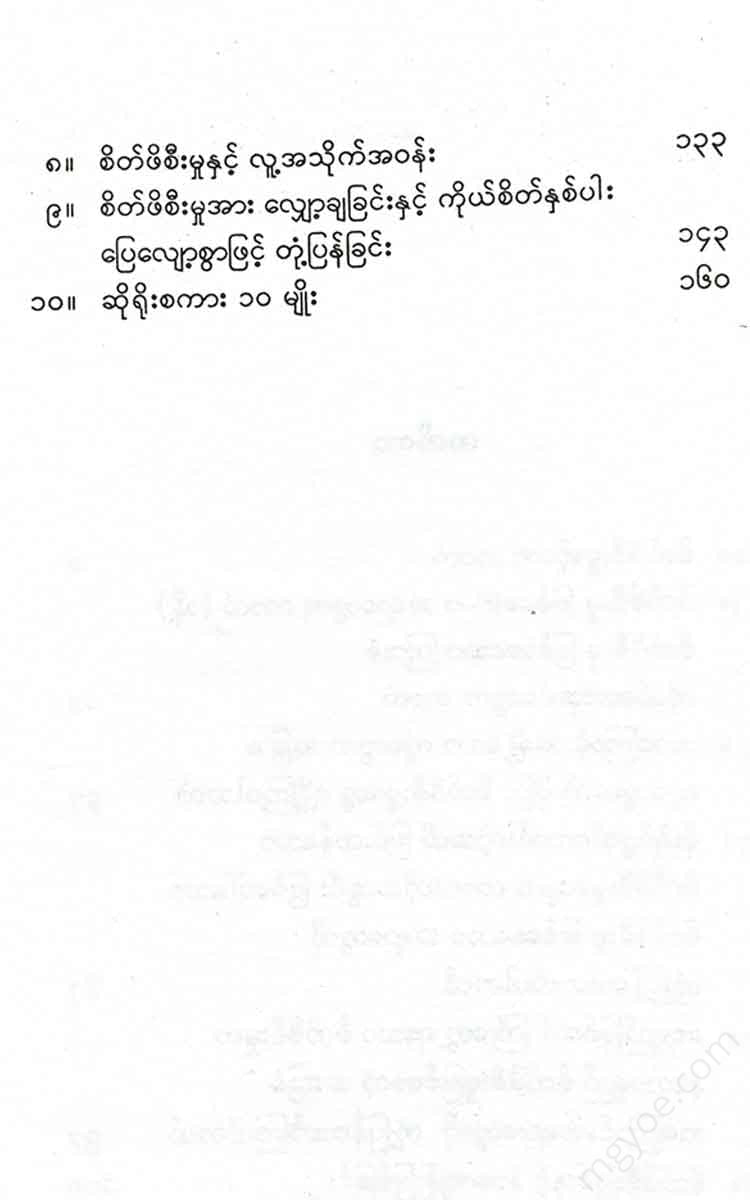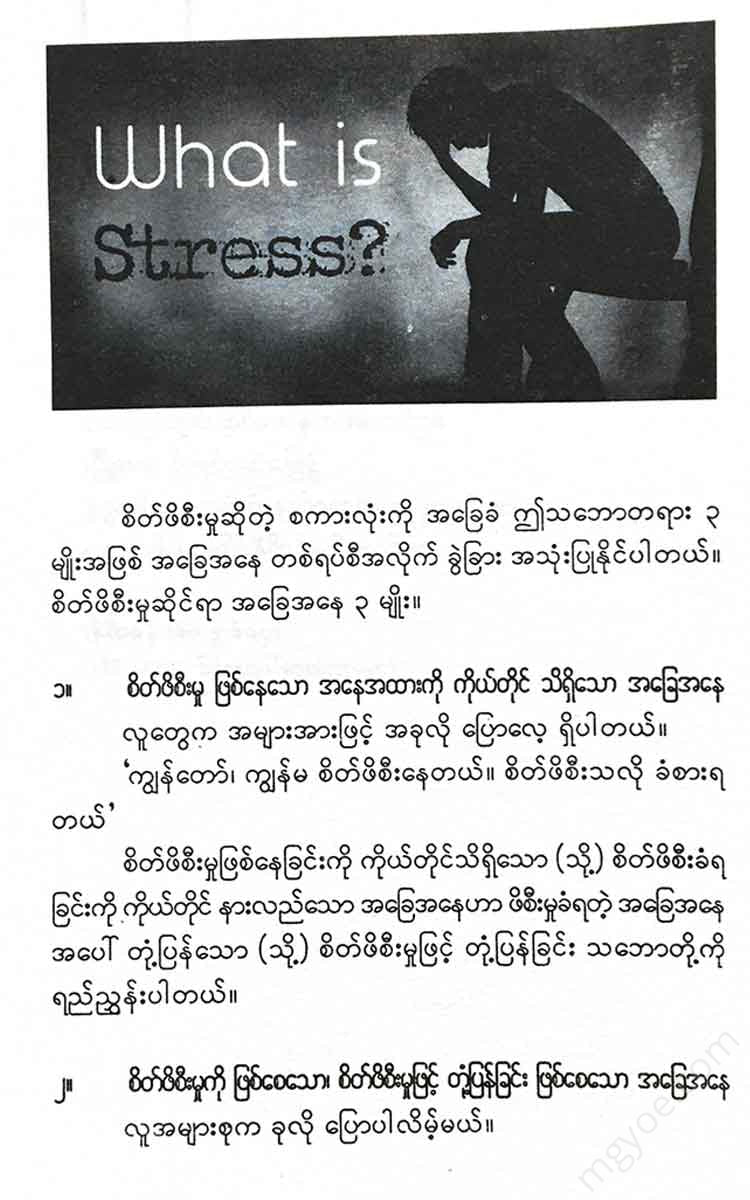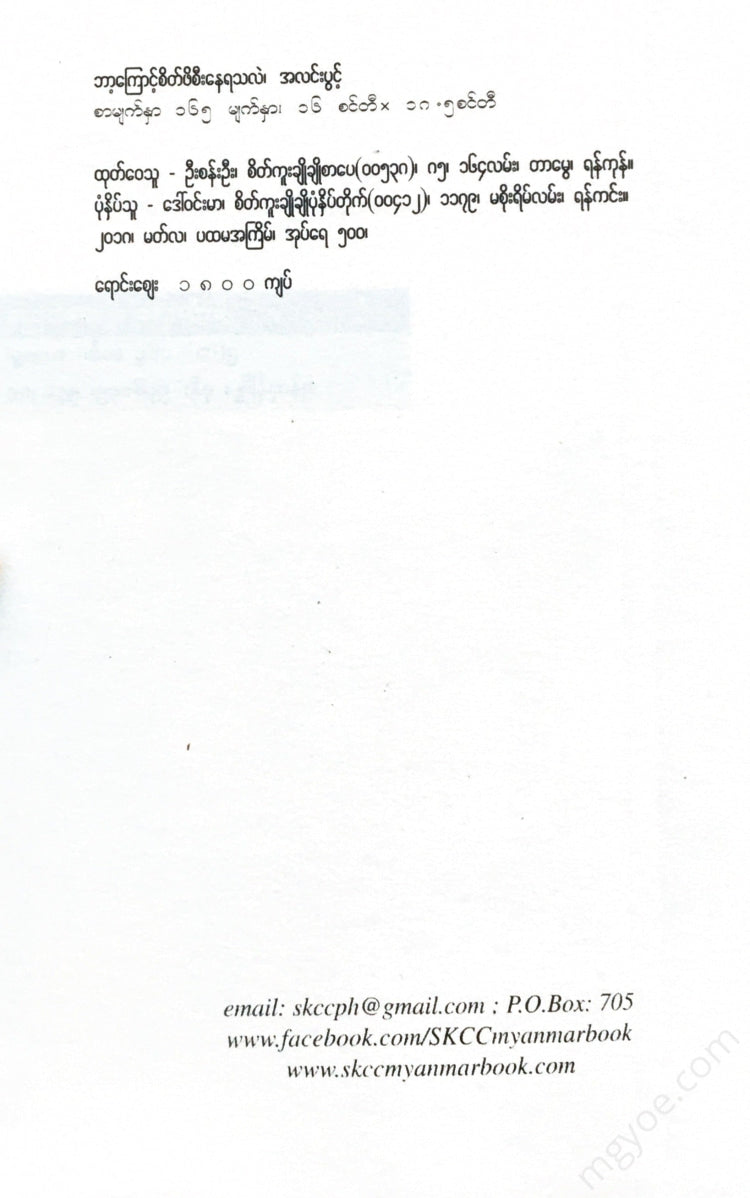စိတ်ကူးချိုချိုစာပေ
Light Up - Why Are You Stressed?
Light Up - Why Are You Stressed?
Couldn't load pickup availability
"I, my job, is stressful." The stressful situation is, in a sense, the person who creates the stress."
3. A combination of stressors and stress responses
Situation (cause of stress).
The combination of stressors and stress responses is what makes it a “stress of modern life.”
Although the word stress is used in every language every day, from a scientific perspective, it can be understood in four different ways.
First meaning - To cause stress due to things that are not liked or unpleasant.
It refers to something.
Depending on the circumstances of a wedding, there may be a stressful response.
Similarly, a marathon runner may also experience stress.
The second meaning is referred to as an emotional response.
Stress is a psychological response, and that psychological response is just a side effect of a physiological response.
The mind cannot exist or exist without the body, and there cannot be any connection between mental states and physiological states, and no responses to them.
Emotional responses are often hidden beneath physiological conditions and are often expressed as a consequence of physiological responses.
Third meaning: Hans Selye, the first researcher to study the stress process, distinguished three types of stressful situations:
I gave it.
(1) Responding to danger in a proactive manner,
(2) Negotiating to reach an agreement
(3) It is a description of a state of mental fatigue.
"Sally" revealed that responses to stressful situations tend to change over time and depending on the situation.
Fourth Meaning - Stress responses are not always good, nor are they always bad. The human body is naturally able to control and respond to any adverse event or situation, and is always able to adapt to both good and bad events.
When a person is involved in a dangerous situation, they will try to overcome the danger, but when they see that there is no chance of success no matter how hard they try, stress occurs. However, each person does not always do risky tasks. When the situation, time and opportunity are favorable, they tend to take risky tasks, and when the success is not as expected, they will start to feel stressed.
Stress is a complex phenomenon that affects everyone, with some experiencing it as a temporary condition and others as a chronic condition. Short-term stress occurs during a single day and resolves within a day. Chronic or long-term stress occurs over a period of time, day after day. Short-term stress causes short-term changes that then return to normal. Long-term stress causes long-term changes that are difficult to reverse.
What's interesting is that if a short-term stressor causes significant damage, long-term changes often occur.
Stressors and stress responses are mutually revealing aspects of one's true state.
Therefore, stressors (things that make you stressed) trigger stress responses.
If the stress response is meaningfully distinguished from the stressor, then we will know that the stressor has already occurred before the stress response.
O How this book is organized,
This book is organized into chapters with relevant headings as follows.
Description by chapter
Chapter 2 - Stressors are agents that act as stressors , and therefore always trigger a stress response. This is explained in more detail in Chapter 2. Stressors can be caused by biological factors, psychological factors, or a combination of biological and psychological factors.
Chapter 3 - Why do people differ so significantly in their emotional responses to stressors? Chapter 3 focuses on the importance of individual personality traits and provides a clear understanding of how these traits affect the way individuals respond to stress.
Chapter 4 - Chapter 4 explains how biological and psychological factors contribute to the short-term effects of stress.
Chapter 4 explains how stress responses can occur in the short term.
Chapter 5 - You will see how stress-related conditions can cause long-term pain.
It shows how chronic stress can change people over the long term, especially how chronic stress can affect people's speech, behavior, and habits.
Chapter 6 - Long-term stress can lead to various unwanted illnesses, especially mental health issues.
Chapter 6 explains that children who have been abused or abandoned as children can experience stress.
Chapter 7 - Describes how to measure stress levels and how to determine if an individual is experiencing stress.
Chapter 8 - Describes the basic causes of stress and relationships within society.
Chapter 9 - Stressful responses can be wrong, but responding in a relaxed manner can lead to mutual understanding and reduce the impact of the stressor.
This book contains the main points I want to convey, and these important points are that by experiencing stress for a long time, chronically, the person who is stressed will experience a series of health and social problems.
